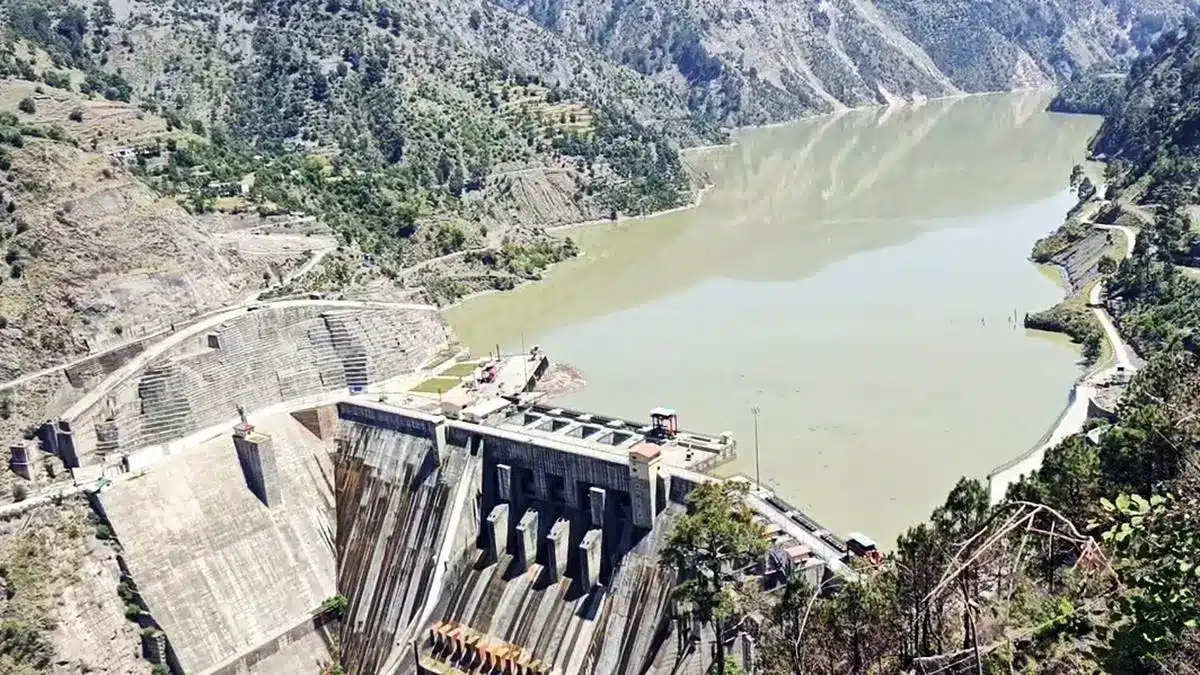India Suspends Indus Waters Treaty with Pakistan Amid Ongoing Tensions

India is considering revising its Ganges Water Sharing Treaty with Bangladesh, which is set to expire in 2026. This potential modification comes in the wake of India’s recent suspension of the Indus Waters Treaty with Pakistan. The Indian government aims to reassess the agreement to better meet its current developmental needs, with sources indicating that a new treaty could be on the horizon.
Understanding the Ganges Water Sharing Treaty
The Ganges Water Sharing Treaty was established in 1996 during Sheikh Hasina’s first term as Prime Minister of Bangladesh. This agreement was created to manage the distribution of Ganga waters at the Farakka Barrage in West Bengal, particularly during the dry season from January 1 to May 31. The treaty arose from disputes related to the Farakka Barrage, which was activated in 1975 to divert water from the Ganges to the Hooghly River, ensuring navigability for the Calcutta port.
Under the current terms, India, as the upstream nation, and Bangladesh, as the downstream nation, share the Ganges water at the Farakka Barrage. The barrage is located approximately 10 kilometers from the Bangladesh border and facilitates the diversion of 40,000 cubic feet per second (cusecs) of water into a feeder canal for the Kolkata Port Trust. The existing protocol allocates 35,000 cusecs of water alternately to both countries for ten-day periods during the lean season from March 11 to May 11.
India’s Growing Water Needs
As India looks ahead, it is seeking an additional 30,000 to 35,000 cusecs of water during the critical dry season to address its increasing demands. The need for a reassessment of the treaty is driven by various factors, including irrigation, harbor maintenance, and electricity generation. Sources indicate that the Indian government aims to strike a better balance in water distribution between West Bengal and Bangladesh.
The West Bengal administration reportedly supports the central government’s position, arguing that the current provisions of the treaty do not adequately meet their requirements. This growing concern highlights the urgency for a revised agreement that can accommodate the evolving needs of both nations while ensuring sustainable water management.
Implications of a Revised Treaty
The potential revision of the Ganges Water Sharing Treaty could have significant implications for both India and Bangladesh. A new agreement could foster improved cooperation and understanding between the two countries, addressing long-standing water-sharing disputes. It may also pave the way for enhanced collaboration on water management strategies, which are crucial given the challenges posed by climate change and increasing water scarcity.
Moreover, a revised treaty could help mitigate tensions that have arisen from water allocation issues in the past. By establishing clearer guidelines and provisions, both nations could work towards a more equitable distribution of resources, ultimately benefiting their populations and economies.
As discussions progress, the focus will likely remain on finding a solution that balances the needs of both countries while promoting sustainable development and environmental stewardship. The outcome of these negotiations will be closely watched, as they hold the potential to reshape water relations in the region for years to come.
Observer Voice is the one stop site for National, International news, Sports, Editor’s Choice, Art/culture contents, Quotes and much more. We also cover historical contents. Historical contents includes World History, Indian History, and what happened today. The website also covers Entertainment across the India and World.

